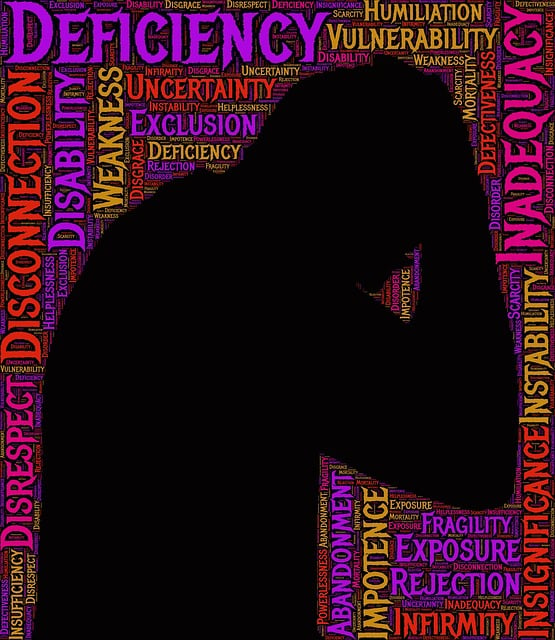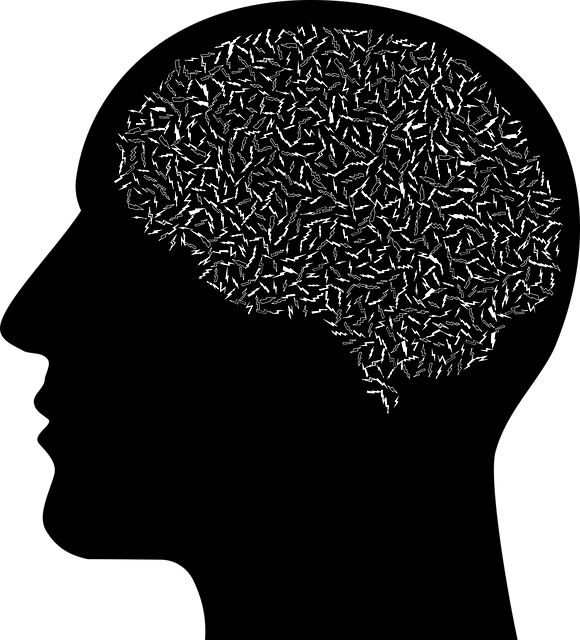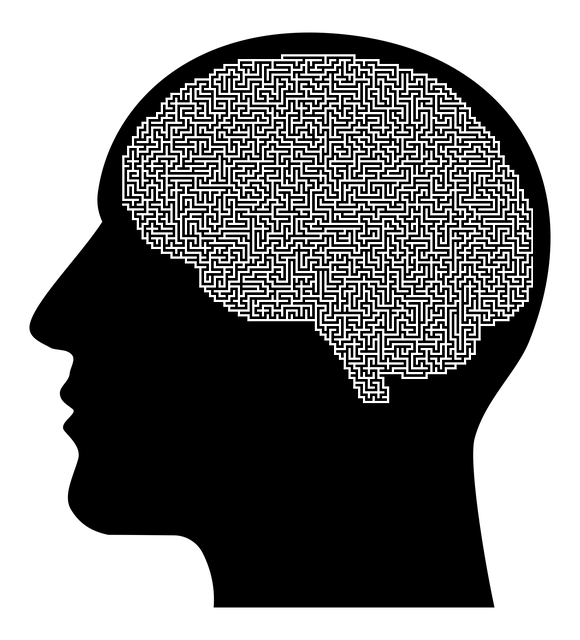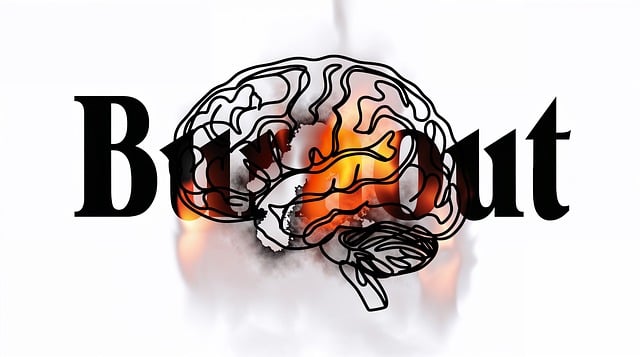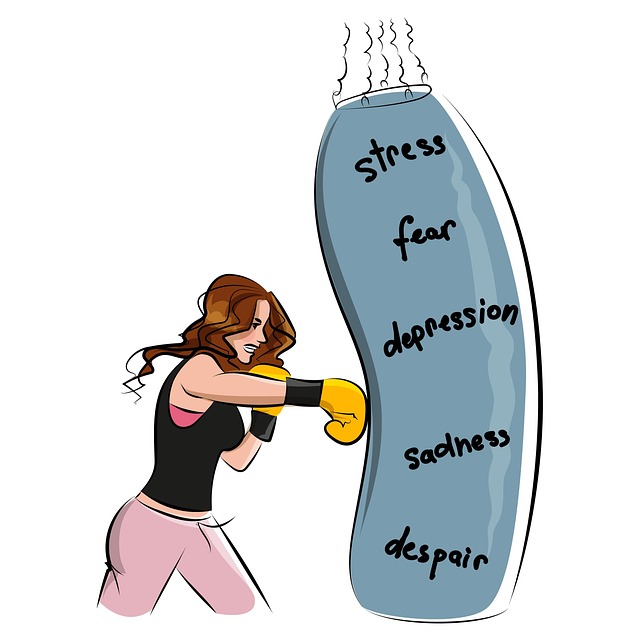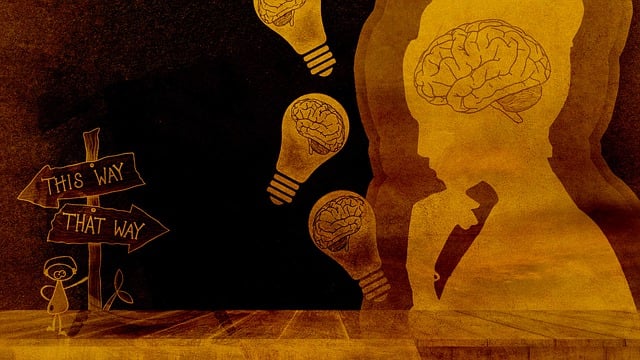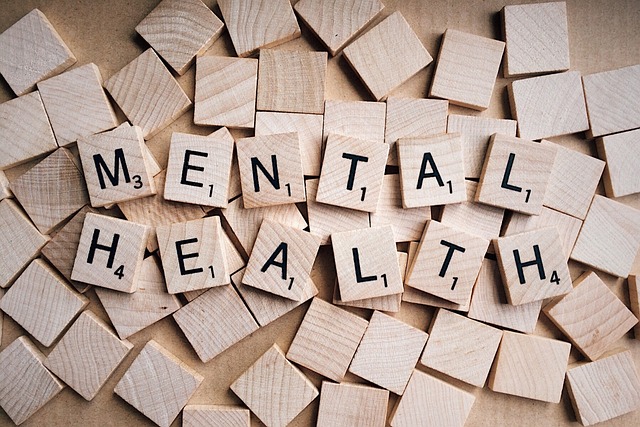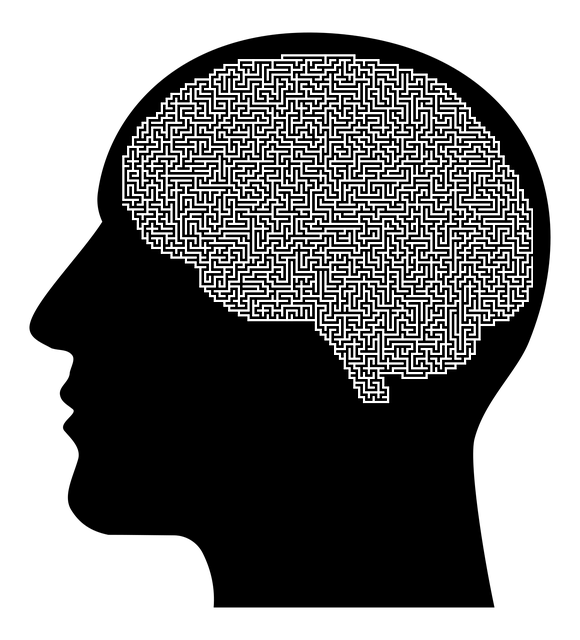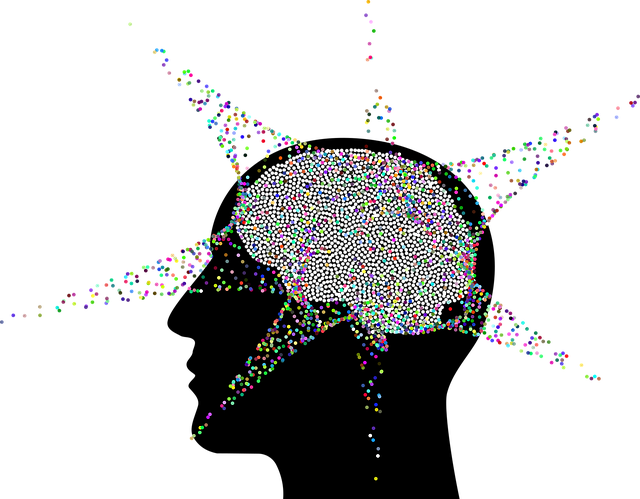Centennial Young Adults Therapy (CYAT) tackles stress, a key challenge for 25-40 year olds transitioning into early adulthood. Workshops focus on self-awareness exercises, crisis intervention, and stress management techniques to build resilience. Content is tailored to modern youth pressures on career, finance, and social connections, fostering open dialogue, empathy, and self-care practices for long-term mental wellness. Success is measured through surveys, awareness campaigns, and evaluative methods like role-playing scenarios.
Stress management is a vital skill for modern young adults, especially those in their centennial years. This article explores the significance of organized workshops designed to empower this generation with effective coping mechanisms. We delve into understanding the unique stressor’s young adults face and provide insights on creating engaging therapy sessions tailored to their needs.
Through practical implementation strategies, we guide organizations on measuring success, ensuring lasting positive impacts on the mental well-being of centennial young adults.
- Understanding Stress and Its Impact on Young Adults
- Designing Effective Workshops for Centennial Generation
- Implementation Strategies and Measuring Success
Understanding Stress and Its Impact on Young Adults

Stress is a prevalent issue among young adults navigating their way through the complexities of adulthood. The transition from adolescence to early adulthood can be challenging, often marked by increased responsibilities, academic pressures, and social expectations. As such, understanding the unique stressors experienced by this demographic is essential for effective interventions. Centennial Young Adults Therapy recognizes that stress can manifest in various forms, from anxiety and depression to physical symptoms like fatigue and headaches.
The impact of prolonged or unchecked stress on young adults’ mental health cannot be overstated. It may lead to difficulties in concentration, decision-making, and maintaining healthy relationships. Moreover, it increases the risk of engaging in risky behaviors as a coping mechanism. Therefore, workshops focused on stress management are vital for equipping young adults with Self-Awareness Exercises and Crisis Intervention Guidance, thereby fostering resilience and promoting overall well-being. This proactive approach, coupled with comprehensive Risk Management Planning for Mental Health Professionals, ensures that this vulnerable population receives the support they need to thrive.
Designing Effective Workshops for Centennial Generation

In designing workshops for the Centennial generation—young adults aged 25 to 40—it’s crucial to tailor activities and discussions that resonate with their unique experiences and perspectives. This demographic often faces pressures related to career advancement, financial stability, and social connections, necessitating approaches that foster anxiety relief through practical tools and strategies. Incorporating interactive self-awareness exercises can help participants better understand their emotional triggers and responses, enabling them to develop healthier coping mechanisms.
Centennial Young Adults Therapy (CYAT) should focus on creating a safe and inclusive environment where open dialogue is encouraged. By integrating empathy building strategies, facilitators can enhance participants’ understanding of each other’s struggles, fostering a supportive community. These workshops should not only equip individuals with techniques for managing stress but also encourage self-care practices that promote long-term mental wellness.
Implementation Strategies and Measuring Success

Implementing stress management workshops for Centennial Young Adults Therapy involves a strategic approach to ensure maximum impact. The first step is to tailor the content to resonate with this specific age group, incorporating engaging activities and relatable topics. This could include interactive sessions on time management, mindfulness practices, and healthy coping strategies tailored to modern youth challenges. Facilitators should employ Emotional Well-being Promotion Techniques, such as encouraging open dialogue and fostering a safe space for participants to share their experiences, enhancing the overall effectiveness of the workshop.
Measuring the success of these initiatives is crucial for gauging their long-term impact. Pre-and post-workshop surveys can assess changes in stress levels and emotional resilience. Additionally, Public Awareness Campaigns Development around stress management can further amplify the reach and benefits, especially when coupled with feedback from participants. Conflict Resolution Techniques learned during workshops could be evaluated through role-playing scenarios or follow-up discussions to ensure these skills are not only understood but also effectively applied in real-life situations.
Stress management workshops tailored for the Centennial Generation can significantly enhance the well-being of young adults, offering them valuable tools to navigate life’s challenges. By combining educational content with interactive activities, these sessions empower participants with strategies to improve mental health and overall resilience. Implementing successful workshops involves understanding the unique needs of this generation and utilizing engaging methodologies. Through regular evaluations, organizations can refine their programs, ensuring they provide Centennial Young Adults with effective therapy and meaningful support.
